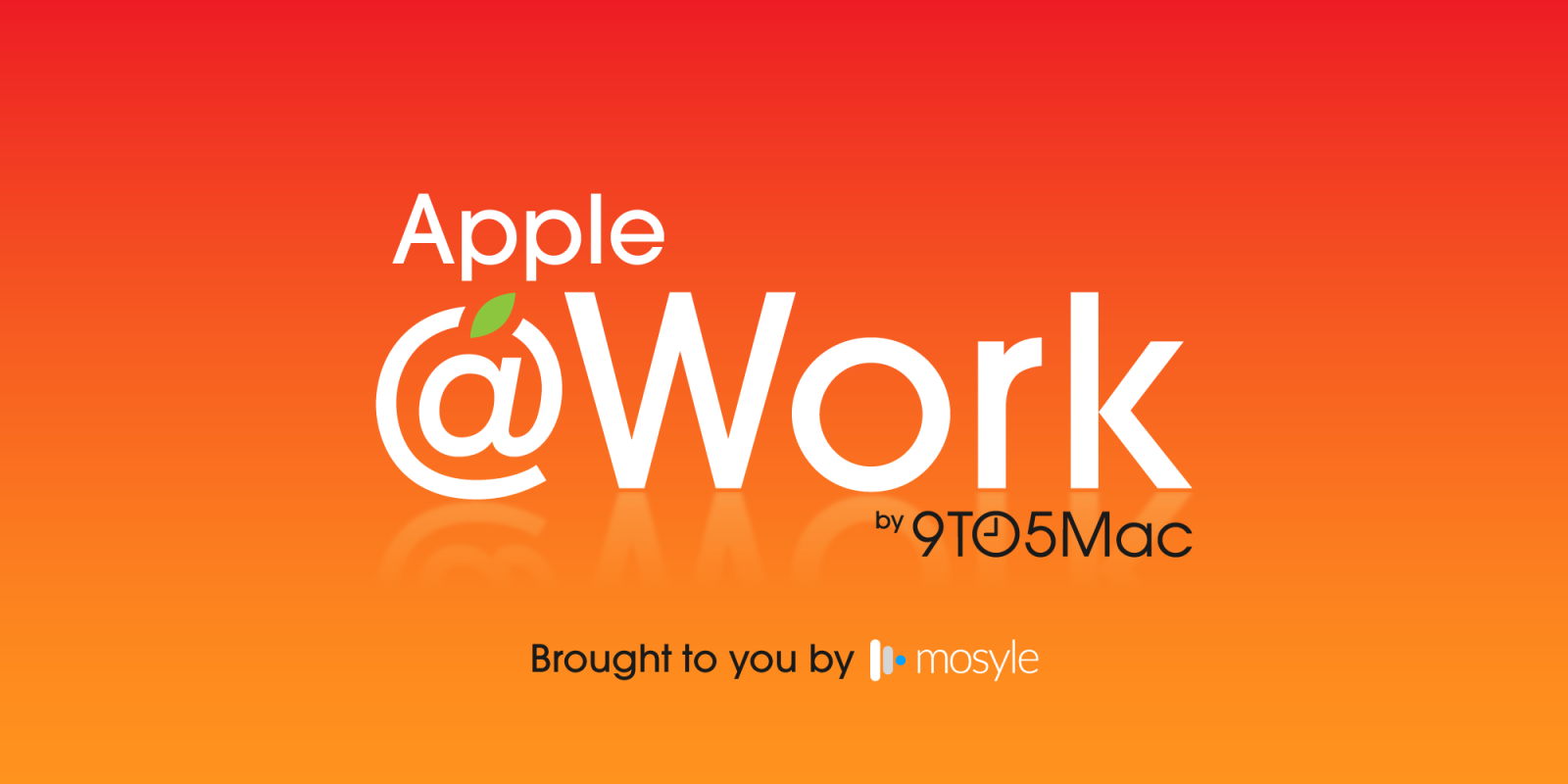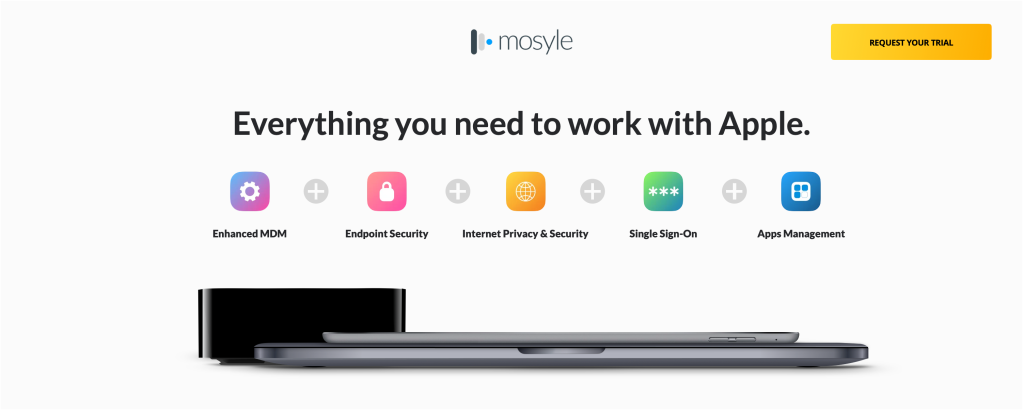
Apple @ Work is exclusively brought to you by Mosyle, the only Apple Unified Platform. Mosyle is the only solution that integrates in a single professional-grade platform all the solutions necessary to seamlessly and automatically deploy, manage & protect Apple devices at work. Over 45,000 organizations trust Mosyle to make millions of Apple devices work-ready with no effort and at an affordable cost. Request your EXTENDED TRIAL today and understand why Mosyle is everything you need to work with Apple.
In 2002, Apple’s venture into the server hardware market led to the creation of the XServe, a line of rack-mountable servers designed for organizations built around Apple. Despite its innovative approach to serving computing needs, XServe never dented the Linux and Windows Server market share.

The XServe was Apple’s move into the server market, offering a rack-mountable server solution that ran on Mac OS X Server. It was designed to cater to the needs of business, education, and professional enterprises, providing a robust (and OS X Native) platform for file sharing, web hosting, network administration, email, caledanr and more. Its integration with Mac OS X allowed for seamless operation within Mac environments, making it an attractive option for institutions and businesses heavily invested in Apple’s ecosystem at a time when Linux and Windows Server didn’t “play as nicely” with Apple as they do tofay.
Who used it?
The XServe found its place within various sectors that required reliable server solutions without the complexity often associated with traditional servers. Educational institutions, creative professionals, small to medium-sized businesses, and even some larger corporations integrated XServes into their network infrastructures. Its ease of use and powerful Mac OS X Server software made it a compelling choice for those already invested in Apple’s ecosystem. Ultimately, it was a product built for OS X organizations when Macs were a footnote in most IT budgets.
Why did Apple kill it?
Apple officially discontinued the XServe in January 2011, which puzzled many of its loyal users. The decision to kill XServe was likely influenced by several factors, including the relatively niche market for the product, the increasing shift towards cloud computing services, and perhaps Apple’s desire to focus on its more profitable consumer product lines. Apple suggested users migrate to the Mac Pro or Mac Mini with the OS X Server app as an alternative. However, these did not offer the same server-specific hardware features as the XServe. Over the years, OS X Server received fewer and fewer features. With OSX Mojave 10.14, it stopped developing it entirely.
Xserve in the Age of Apple Silicon
The Xserve started with a Power PC chip and moved to Intel in 2006. What would an Xserve look like in 2024 with Apple Silicon? While Linux and Microsoft still dominate the server market, part of me wonders what an Xserve in the cloud with an Xserve locally (staying in sync) would look like? Could Apple make a real alternative to Google Workspace or Microsoft 365 with email in the cloud, local file store with cloud storage, network video rendering, app testing, etc? Now that Apple is growing by leaps and bounds as an enterprise endpoint, is it time for Apple to consider an Xserve+ to meet the needs of Apple-focused organizations? It’s difficult to say how well it would sell as it would sell, but I’d love to think Apple is continuing to at least explore the idea of what an Apple Silicon based Xserve might look like in 2024.
Apple @ Work is exclusively brought to you by Mosyle, the only Apple Unified Platform. Mosyle is the only solution that integrates in a single professional-grade platform all the solutions necessary to seamlessly and automatically deploy, manage & protect Apple devices at work. Over 45,000 organizations trust Mosyle to make millions of Apple devices work-ready with no effort and at an affordable cost. Request your EXTENDED TRIAL today and understand why Mosyle is everything you need to work with Apple.
FTC: We use income earning auto affiliate links. More.








Comments